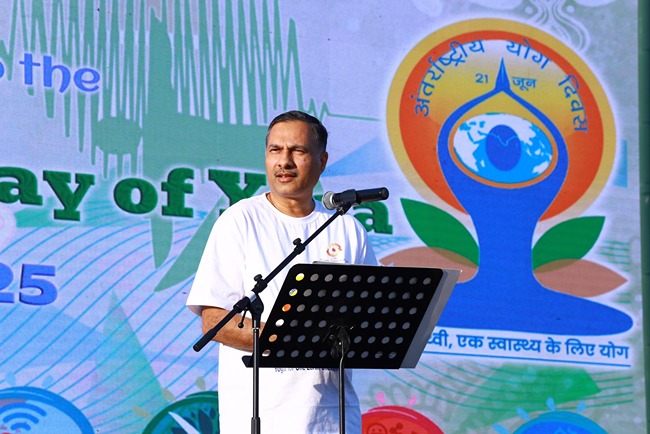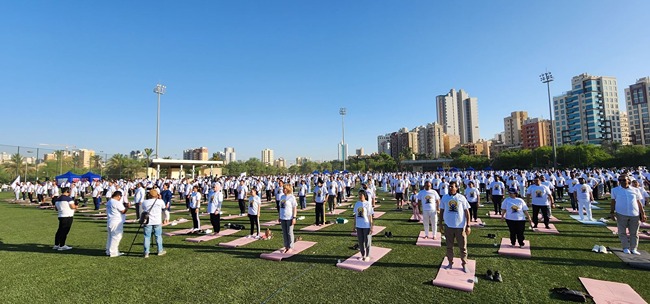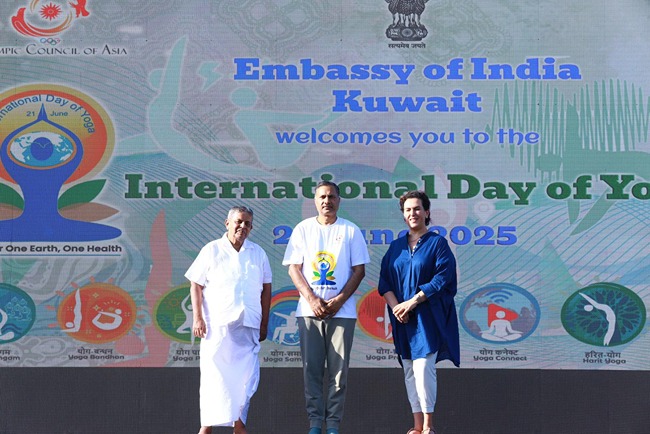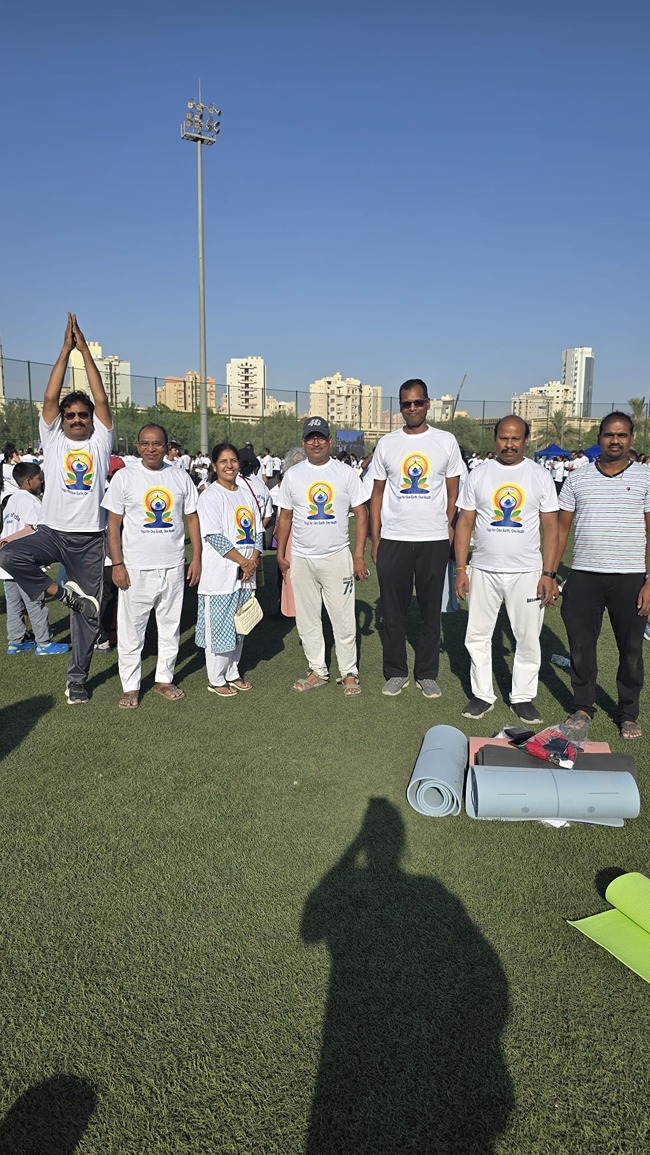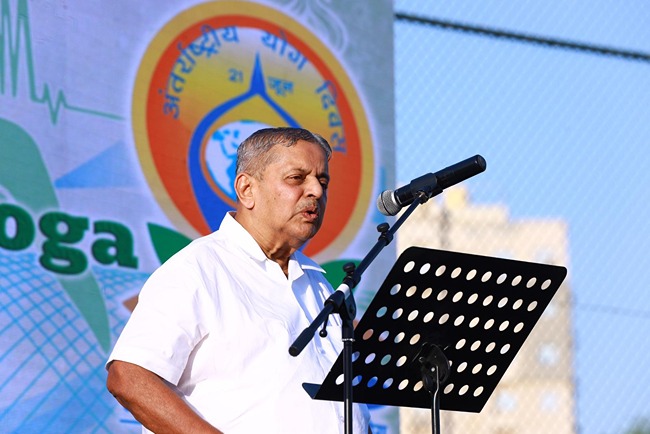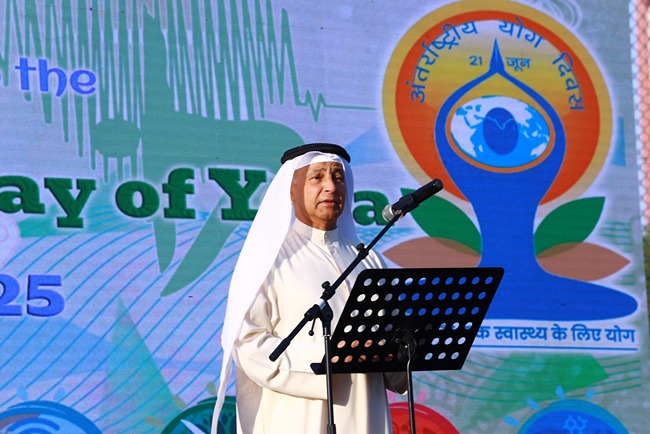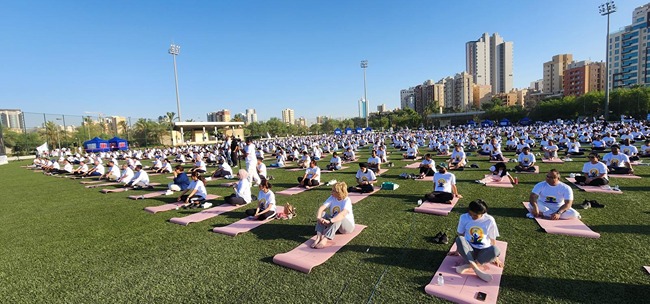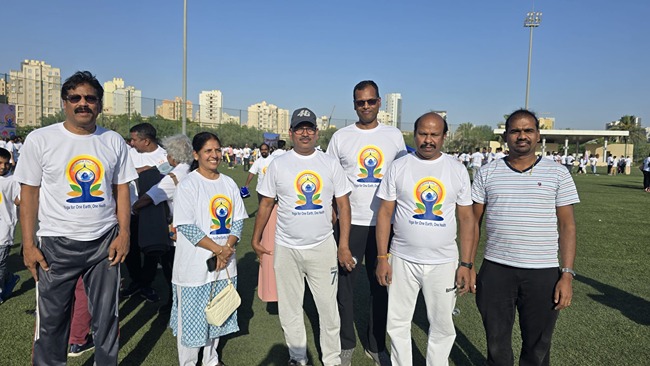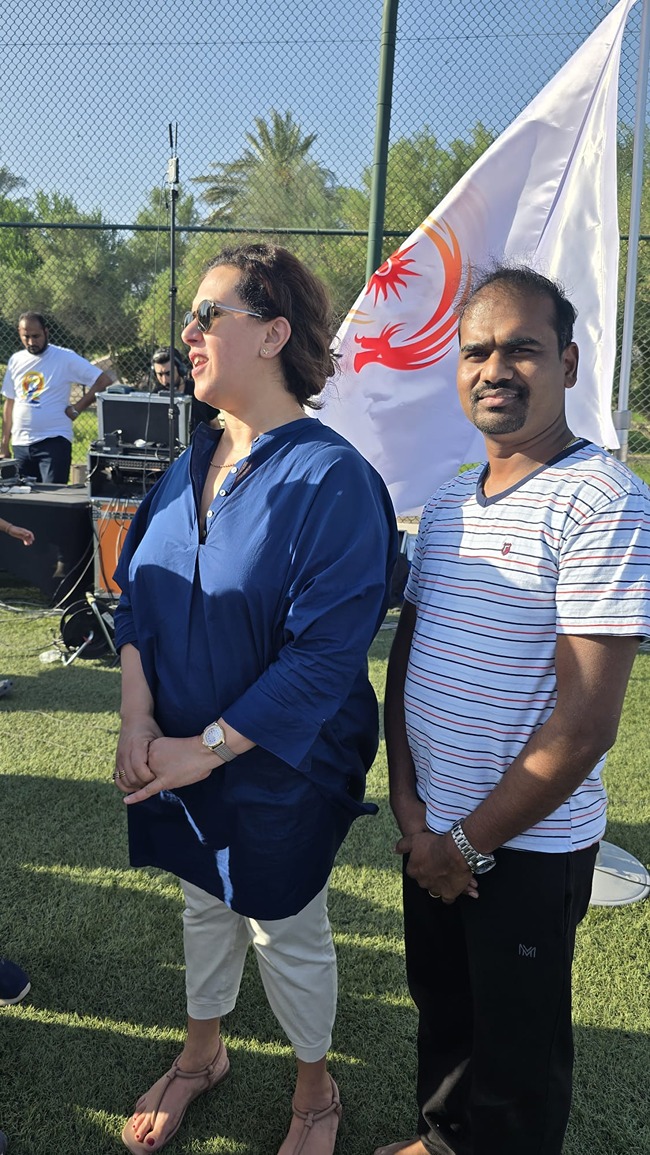Most trading strategies serve as roadmaps that help traders manage risk while defining the goals they aim to achieve. Some are highly specific—outlining entry and exit points, stop-loss and take-profit levels, designated assets for trading, timeframes, and the amount allocated per trade. Others are more general, focusing broadly on asset classes (such as currencies, metals, and commodities) and the overall risk-to-reward ratio.
Nonetheless, a common thread runs through almost all strategies. No matter how solid your strategy is, you must always adjust your trading style to align with changing market conditions—and Exness can help you do just that. With competitive advantages such as fast execution, low spreads, advanced trading tools, and a slippage rate of less than 1%*, you’ll be better positioned to stay ahead of the curve. Here are several additional factors to consider to ensure your strategy remains effective as markets evolve.
Every trader must be flexible and quick to adapt to market volatility. This skill helps them avoid unnecessary risks and seize new opportunities. Flexibility also allows investors and traders to protect their open trades by closing them, opening hedging positions, or mitigating the adverse impact of market movements. This approach is often referred to as "hedging" and is especially useful in volatile markets.
For instance, currencies often experience high price fluctuations, and strategies like scalping can benefit from this volatility to generate profits. However, such price swings may become unpredictable or intensified due to unstable market conditions, making them riskier to manage. In such scenarios, a flexible trader may choose not to enter a price movement that would typically be seen as an opportunity. On the other hand, a trader following a rigid strategy might proceed with the trade regardless of current market conditions.
Using tools like the Exness Trading Calculator can help traders make informed and strategic decisions, giving them more flexibility when needed.
Most strategies rely on past data, chart pattern repetition, or technical indicator signals—all of which are based on historical price performance. This information is vital, but even the most skilled technical traders recognize that there are no absolute certainties in the market. That’s why most traders who use technical analysis rely on a comprehensive set of indicators to design and implement their strategies.
Although these traders depend on historical data, they remain mindful of market volatility and avoid blindly following past data. Strategies that ignore current market conditions and rely solely on historical information are more likely to fail.
Market exposure management—also known as risk management—must be part of any trading strategy. Although most traders are aware of this, many underestimate its importance. What complicates matters further is that failure to manage exposure is frequently cited as a reason why trading strategies collapse.
There are several simple ways to manage risk, including using stop-loss and take-profit orders. A stop-loss order closes an open trade when it hits a maximum loss threshold, while a take-profit order closes a trade once a profit target is reached. Stop-loss orders protect your account and open positions from large losses, while take-profit orders preserve profitable trades from potential reversals.
Exness offers advanced tools such as stop-loss and take-profit orders, automated trading, and real-time analytics, helping traders manage their risks effectively and adapt to market shifts.
After gradually refining your strategy, you might assume the hardest part is over. In reality, that’s not the case—your strategy only becomes useful when you actually stick to it. One of the most commonly cited reasons for strategy and trader failure is emotional trading. This term refers to any impulsive trading behavior driven by negative emotions that impair judgment.
Overconfidence after a string of wins, greed that leads traders to hold onto trades too long, opening larger trades, using excessive leverage, or revenge trading (trading to recoup losses)—all of these emotional reactions can cause significant losses, especially in rapidly changing markets.
Institutions and organizations typically diversify their investments across various asset classes and markets to offset losses and benefit from assets that move inversely to each other.
In less volatile markets, diversification can boost profits by helping slow-moving assets or investments to perform better. Good examples include gold, currencies, and stocks. Gold typically moves in the opposite direction of stocks and currencies. So, when gold prices drop, holding currencies or stocks in your portfolio may balance the decline—and vice versa.
Markets that trend upward are referred to as bullish, while those that trend downward are called bearish. Regardless of the market direction, always confirm the trend using a combination of technical indicators—since new trends could just be temporary corrections.
It's also wise to set a stop-loss order, especially in volatile markets, based on the level of risk you can afford relative to the expected return.
Traders should treat their strategy as a constantly evolving part of their market activity. A good strategy is one that proves successful through testing, can be re-applied to some extent, and helps manage risk effectively. There's no doubt that education, knowledge, and data are your most powerful tools in the trading world—so always stay updated on financial news and social media for the latest developments.
If you have any questions about trading or the analytical tools Exness provides, feel free to visit the official website.








